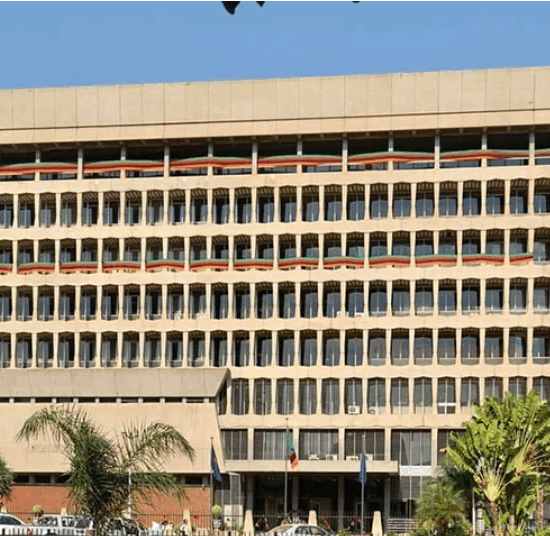
The Zambian economy has been facing significant headwinds with rising inflation (currently at 14% from a single digit range) and raising debt service obligations ( on the back of the continued Kwacha depreciation) and the outbreak of COVID- 19 has compounded the situation resulting in unprecedented public health and economic challenges.
Given the impact that COVID-19 has on pubic health and the economy, the Bank of Zambia – BOZ has put together a set of comprehensive measures to safeguard financial system stability and promote greater use of digital financial services and mitigate the negative effects of this shock on the economy.
Bank governor Dr. Denny Kalyalya in a statement availed to the Zambian Business Times – ZBT on April 4, 2020 that the central bank has established a target medium term refinancing facility with an initial amount of K10 billion to provide medium term liquidity.
Dr. Kalyalya added that the amount will be reviewed as conditions warrant adding that this is a three to five years’ facility that will be available to eligible Financial Service Providers – that includes banks and other financial institutions to enable them restructure or refinance qualifying facilities and that detailed implementation will roll out as soon as on-going discussions with Bankers Association of Zambia – BAZ are concluded.
He said the Bank will revise loan classification and provisioning rules through the issuance of new directives as the replacement of SI No. 142 of 1996 which is in the process of being revoked saying this will allow FSP’s to better accommodate lending, refinancing and restructuring of facilities to critical sectors.
He further disclosed that the Bank will also scale up open market operations to provide short-term liquidity support to commercial banks on more flexible terms than those obtaining before the outbreak of COVID-19.
Among other measures include, to allow eligible non-bank financial institutions to partially use capital instruments that would not ordinarily qualify as common equity Tier 1 and Tier 2 capital for purpose of computing regulatory capital.
“We have also stepped out sensitization and encouraging the use of digital channels and countless mobile payment mechanisms aimed at preventing the spread of the disease by minimizing person – to – person contact, decongesting banks and other financial institutions premises,” He added.
In addition, the Central Bank has implemented business continuity protocols that will ensure that systemically important payment systems and financial market infrastructure remains available.
These measures announced are expected to bring relief to the monetary system and financial players as fear had started gripping some banks and non-bank financial businesses as to their ability to remain as going concerns.
On the steep Kwacha depreciation, analysts at ZBT expect to see the impact this week after the central bank implements some of its pledged open market operations. The need for more details on which open market operations and how further depreciation of the local currency would be halted have not yet been communicated.







